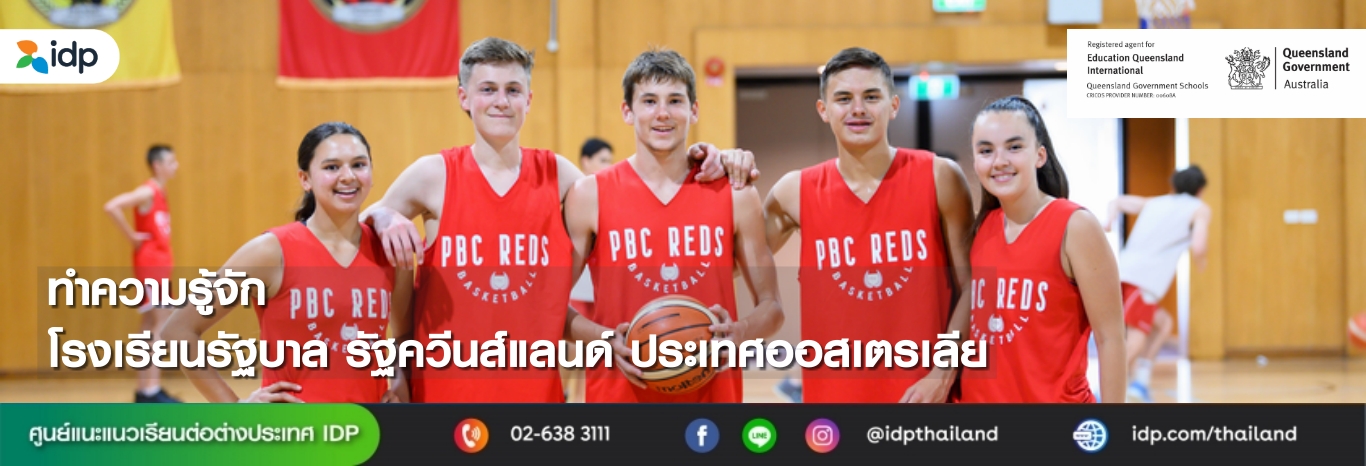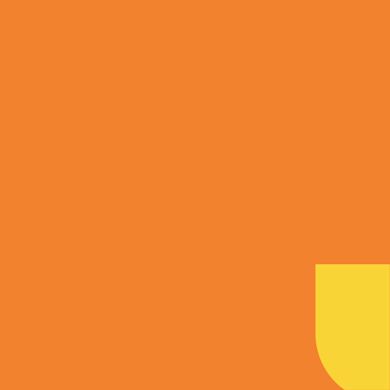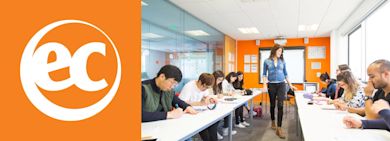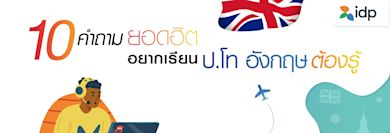- News and articles
- Events
- Find usIDP AustraliaIDP BahrainIDP BangladeshIDP CambodiaIDP CanadaIDP ChinaIDP EgyptIDP GhanaIDP Hong KongIDP IndiaIDP IndonesiaIDP IranIDP JordanIDP KenyaIDP KoreaIDP KuwaitIDP LebanonIDP MalaysiaIDP MauritiusIDP Middle EastIDP NepalIDP New ZealandIDP NigeriaIDP OmanIDP PakistanIDP PhilippinesIDP Saudi ArabiaIDP SingaporeIDP Sri LankaIDP Taiwan, ChinaIDP TurkeyIDP UAEIDP VietnamIDP Corporate
- Social
- English
- 10 min
- Published: 2 May 2024
- Updated: 24 February 2025
Why Choose Queensland Government Schools?
Comprehensive Overview of Queensland Government Schools
Overview
Queensland Government Schools offer a wide range of educational opportunities for local and international students, including Thai nationals. There are approximately 90 government schools in Queensland that cater to students’ diverse abilities and interests—from primary through to secondary education. Currently, data from IDP Education indicates that these schools host around 2,718 international students from 62 different countries, underscoring their global appeal.
School Selection Criteria
City Preference:
Prospective families are encouraged to choose a location that aligns with their lifestyle. For example, Brisbane provides the vibrancy of a capital city, while the Gold Coast offers coastal living with abundant outdoor activities. Proximity to family or relatives can also be a key factor in easing the transition and potentially reducing living expenses.Academic Interests:
Students should consider schools renowned for excellence in their preferred subjects—whether that be music, sports, or academic disciplines. Queensland Government Schools provide specialized programs that enhance skill development, including International Baccalaureate (IB) courses, which add value to the academic portfolio.International Baccalaureate (IB) Program:
Queensland schools are recognized for offering IB programs within the government sector, providing students with a globally competitive curriculum.Diverse and World-Class Curriculum:
With over 90 institutions, the curriculum is varied and of world-class quality, ensuring that each student can pursue their academic and extracurricular interests.Dedicated International Support:
Each school assigns staff to specifically support international students, ensuring that their academic, cultural, and personal needs are met.Focus on Safety and Well-Being:
The Queensland Department of Education directly manages student welfare—including homestay arrangements—to ensure the safety of every international student without reliance on third-party services.Enhanced Academic Support:
Additional tutoring is available for students needing extra help outside regular class hours. Moreover, a predictive scoring program is offered from Year 10 (Term 4) through Year 12 to help students prepare for university entrance.Cost-Effective Enrollment:
There is no application fee, and services such as complimentary airport pickup on first arrival are provided, helping to streamline the transition for new students.
Australian Education System Overview
Australian Education System Overview
The Australian education framework is segmented as follows:
Daycare: Ages 0–4
Preparatory to Year 6: Ages 6–11
Junior High School (Years 7–10): Ages 12–15
Senior High School (Years 11–12): Ages 16–18
Vocational Education (TAFE/VET) and Certificate/Diploma Programs
University : This structure is administered by both federal and state authorities to ensure a cohesive and high-quality learning experience.
Queensland Government School Scholarships
Queensland Government Schools offer partial scholarships, which typically provide a one-time grant of AUD 5,000 per eligible student. To qualify, applicants must:
Enroll for a minimum period of one academic year.
Possess a GPA of 3.75 or demonstrate exceptional talent in fields such as sports, arts, or performance.
Provide supporting evidence (e.g., certificates, portfolios, or photographs) if applying based on special skills.
Meet the requisite English language proficiency (through standardized tests like IELTS) for regular enrollment.
Submit a one-page A4 essay outlining their aspirations for studying abroad and justifying their scholarship suitability.
Specialized Programmes Offered
Queensland Government Schools also feature specialized programmes, including but not limited to:
Aviation and Marine Education
Robotics, Drones, and Coding
Small Business Ownership Skills
STEM and Humanities Courses
Sports Programs (e.g., golf, tennis, baseball, football, volleyball)
Foreign Language Studies (e.g., French, Mandarin, Japanese, German, Italian)
Music, Leadership, Art, and Gifted Programs
IB Courses alongside the standard curriculum
Admission Criteria and Application Process
Applicants are generally required to demonstrate English language proficiency. This may be evidenced by:
Completion of at least two years of study in an English-medium educational institution, or
Submission of standardized test scores (e.g., IELTS) as specified for the enrolled year.
Elementary school applicants are typically exempt from English language testing requirements. The application package should include:
The completed application form.
Academic records for the previous two full academic years and the current year (as available).
A copy of the applicant’s passport.
Evidence of English proficiency or a recommendation confirming completion of an English language course.
Cost of Attendance
Tuition fees are calculated on an annual basis and are charged biannually (or per two semesters), varying by the student’s level:
Years 7–10: Approximately AUD 14,640 per annum.
Years 11–12: Approximately AUD 16,552 per annum.
High School Preparation/English Foundation Programme: Approximately AUD 446 per week.
Additional expenses typically include:
Homestay: Around AUD 309 per week.
One-time Accommodation Service Fee: Approximately AUD 268.
Health Insurance: About AUD 560 per year, subject to the rates set by the insurance provider.
Overall, the estimated annual cost is around 1 million baht per student, though this may vary with exchange rate fluctuations.
One account for all your study abroad needs
Create your profile and unlock a wide array of features including personalised recommendations, fast-tracked applications and much more.
Search for articles
Dive into our extensive collection of articles by using our comprehensive topic search tool.














